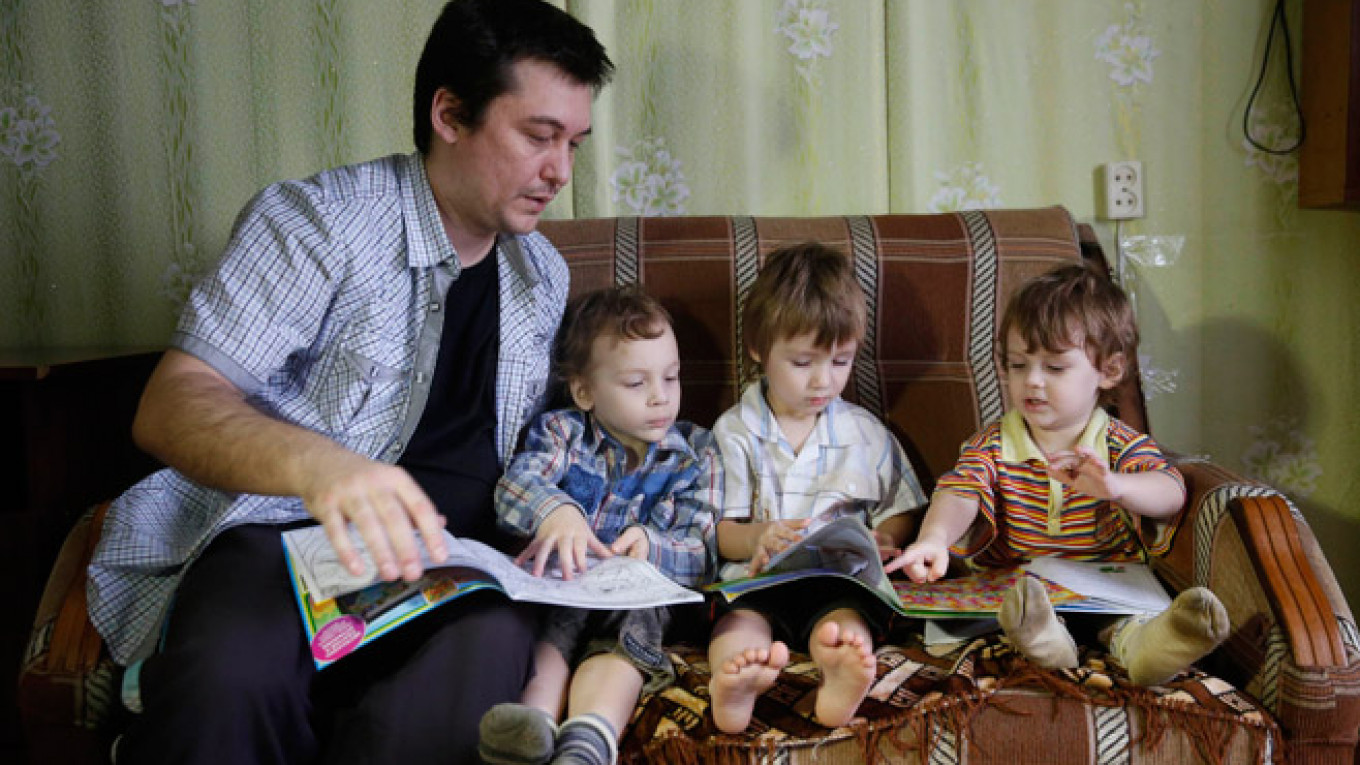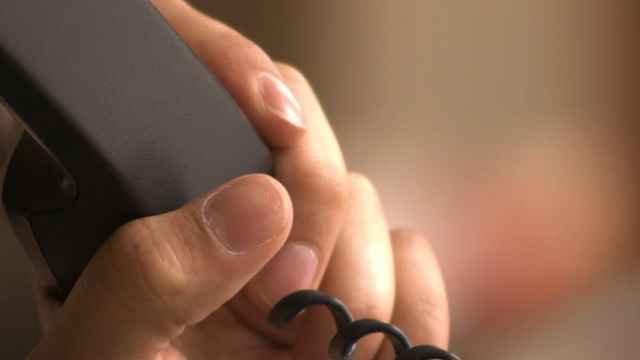A mother of seven facing high treason charges for making a phone call to the Ukrainian Embassy replaced her court-appointed defense attorney after he voiced support for the investigators' version of events.
Svetlana Davydova, who is currently being held in Moscow's Lefortovo detention facility, is accused of having passed on secret information about Russian troops to the Ukrainian Embassy in Moscow last April, as the ongoing conflict between pro-Russian separatists and pro-Kiev forces in eastern Ukraine first started brewing. She says she phoned the embassy out of concern after noticing that a military base near her house had been effectively deserted, and overhearing a soldier talking in the bus about his deployment on an upcoming mission.
Investigators showed up at Davydova's door months later, on Jan. 21, to take her into custody for the alleged crime, which the General Staff of the Armed Forces of the Russian Federation has said constitutes high treason, according to her former court-appointed defense lawyer, Andrei Stebenev, who made the comments late Thursday in an interview with Govorit Moskva radio station.
The General Staff concluded that the information Davydova provided "could put at risk the effectiveness of events conducted to strengthen the state border with Ukraine," Stebenev said.
Davydova has admitted to having called the Ukrainian Embassy to inform them of Russian troop movements but maintained that such information was not a state secret and would not pose a threat to Russia's national security. She said she was concerned about Russian troops being sent to Donetsk and "wanted to prevent there from being any possible victims," her husband, Anatoly Gorlov, said in comments to the Kommersant newspaper last week.
On Saturday, Davydova heeded the advice of human rights activists and sacked Stebenev as her lawyer, choosing well-known St. Petersburg lawyer Ivan Pavlov to replace him, Ekho Moskvy radio station reported.
Pavlov — founder of the St. Petersburg-based Freedom of Information Foundation, a nongovernmental organization that seeks to resolve issues of transparency and press freedom — confirmed the news via Facebook on Saturday.
The switch-up comes after Stebenev appeared to side with investigators' claims during his interview with Govorit Moskva that the information Davydova provided to Ukrainian diplomats could have put Russia's national security at risk.
"On the whole, I can say that this case wasn't opened out of the blue. Many people have been calling me and saying, 'Look at this travesty.' No. There is information, there are facts, and there are bases [for this case]," Stebenev said in the Govorit Moskva interview.
Davydova faces up to 20 years behind bars if she is convicted.
Her detention has provoked the ire of human rights activists, who have started a petition for her release and argued that it is unlawful to lock up a woman who is still breastfeeding a newborn child.
Pavel Astakhov, the Kremlin's children's rights ombudsman, threw his hat into the ring on Saturday, saying in comments to the Interfax news agency that he would fight to have Davydova released and returned to her children before and during the trial.
In a jail-cell interview with news site Open Russia on Friday, Davydova expressed confusion about the case against her, noting that the judge had sanctioned her arrest until March 19 on the basis that she could influence witnesses or flee to avoid prosecution.
"I don't even have an international passport," she said.
Contact the author at [email protected]
A Message from The Moscow Times:
Dear readers,
We are facing unprecedented challenges. Russia's Prosecutor General's Office has designated The Moscow Times as an "undesirable" organization, criminalizing our work and putting our staff at risk of prosecution. This follows our earlier unjust labeling as a "foreign agent."
These actions are direct attempts to silence independent journalism in Russia. The authorities claim our work "discredits the decisions of the Russian leadership." We see things differently: we strive to provide accurate, unbiased reporting on Russia.
We, the journalists of The Moscow Times, refuse to be silenced. But to continue our work, we need your help.
Your support, no matter how small, makes a world of difference. If you can, please support us monthly starting from just $2. It's quick to set up, and every contribution makes a significant impact.
By supporting The Moscow Times, you're defending open, independent journalism in the face of repression. Thank you for standing with us.
Remind me later.






